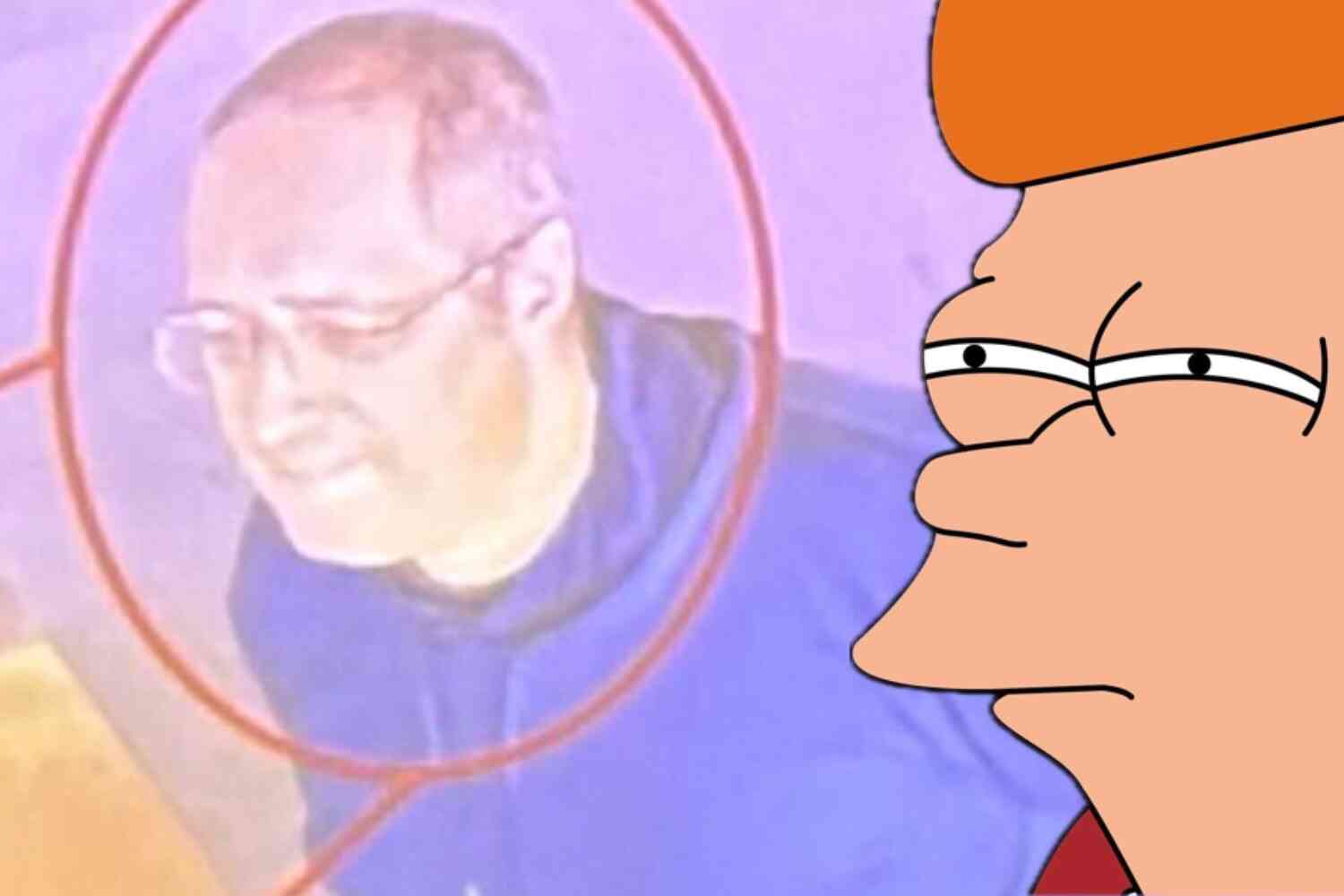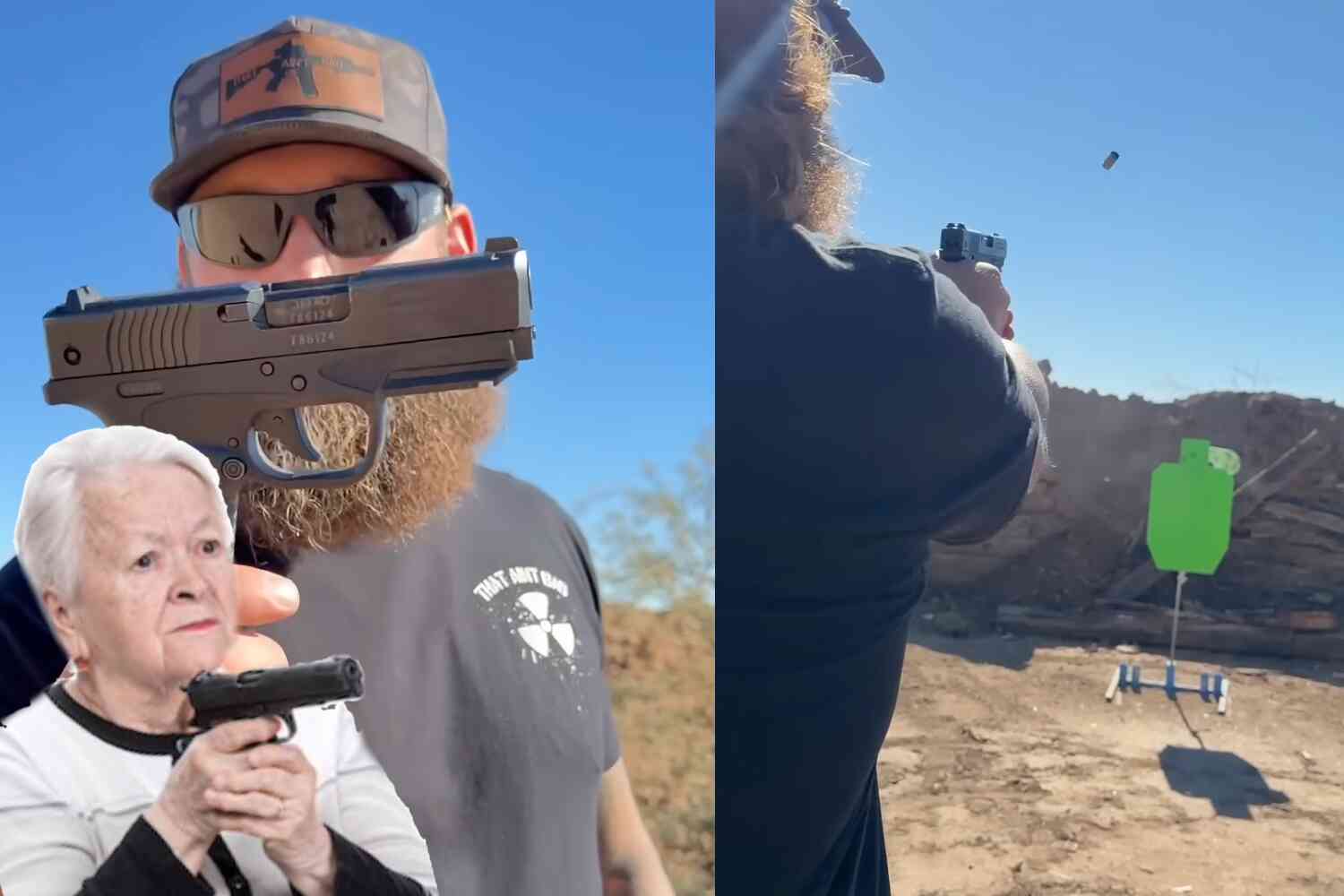Forget Vegas, get me a shuttle bus to the nearest Ohio clinic so I can win some of that sweet, sweet, cash:
The contest for adults aged 18 and over will begin May 26. The state will conduct random drawings for five successive Wednesdays. The winner each week will receive $1 million, sourced from unused federal coronavirus relief funds.
Okay, so it's already your money, but now you finally have a chance to win some of it back!
I suppose they could just return the money, but that's not how government works.

Once the government gets your money, they're going to spend it how they want, and what they want to do in Ohio is entice you to get the Covid vaccine.
They're calling it "Vax-a-Million!"
No, seriously, that's what they're calling it.
The sweepstakes, a national first, is intended as an incentive to get the COVID-19 vaccine, which Gov. Mike DeWine on Wednesday described as an "invisible shield" and a "proven weapon."
One little problem. While you have (at the moment) the choice of whether or not to get the vaccine, you don't have a choice whether or not to enter DeWine's pharmaceutical Powerball.
Ohio adults aged 18 and older will be entered into the weekly drawing, according to a release from DeWine's office. All registered voters will automatically be included. [If you aren't registered to vote you can still participate but you'll have to sign up.]
And this is where it gets coercive and cruel.
At least one vaccine dose is required to win. Once selected, officials will reach out to ask permission to call the resident's medical provider to confirm the vaccination. Officials will also ask to see the vaccination card as proof.
Consider it a vaccine passport to that Tesla you've had your eye on.
If the drawing's winner is not vaccinated, officials will move on to the second name and, if needed, the third. Officials are confident they won't need to go much farther than that based on the percentage of Ohio's adult population that is vaccinated.
"If the drawing's winner is not vaccinated, officials will move on to the second name..."
You will be part of a sweepstakes you never entered, and if you "win" you will be contacted by the state, "Hey, you won a million dollars! Your papers, please."

Imagine that you decided – after considering the data, your own personal circumstances, and perhaps in consultation with your physician – not to get vaccinated.
And then you get this call that you won a million dollars... but you can't collect because you made a different personal health care choice for yourself.
It's psychologically manipulative, using a form of loss aversion to create anxiety among the citizens so they get the vaccine.
We are more upset about losing $10 than we are happy about finding $10. Roughly speaking, losses hurt about twice as much as gains make you feel good (Khaneman, 2011).
Without your consent, you've been given this lottery ticket, this chance to win a million dollars. You own a stake in that. That is why you feel so badly about the possibility of getting that call, particularly if you have been on the fence about getting the vaccine, and missing out on that million dollars.
The fact that it's your tax dollars just makes it all the more infuriating.
There's more.
A separate contest for Ohio teens aged 12-17, also beginning May 26, will offer five full four-year scholarships to any state university in Ohio. The scholarships will include tuition, room and board and books. An online portal will open for young people to register May 18.
At least you have to opt into this sweepstakes (probably because they have no central registry to access), but there is still something deeply disturbing about enticing parents to subject their children – some as young as 12-years-old – to a vaccine that at this writing remains unapproved but for an Emergency Use Authorization.
Not everyone is crazy about DeWine's sweepstakes:
"A vaccine lottery of $5 million in federal money is a reckless use of taxpayer funds. Convincing minors to get vaccinated with full-ride college scholarships is irresponsible. Ohioans should make healthcare decisions with their healthcare provider, not government incentives funded by the taxpayers," said Ohio State Rep. Jennifer Gross (R-West Chester).
Democratic Ohio State Rep. Jessica Miranda also opposed the sweepstakes, believing it was a stunt, but made this observation:
"Over the past year, Ohio has been overtaken and riddled with extremist, anti-science ideologies that dominate the state legislature. It is no coincidence that we are now facing significant vaccine hesitancy in our communities."
She doesn't make the connection, but what does it say about a purportedly life-saving vaccine that you need to offer people a million dollars to take it?
Perhaps DeWine should be spending more time making his case and being transparent about the safety and risks, rather than holding silly sweepstakes and bribing people.
You never know.

(Tip of the hat to @fkahl, aka Asylum Seeker, for the head up on this!)









